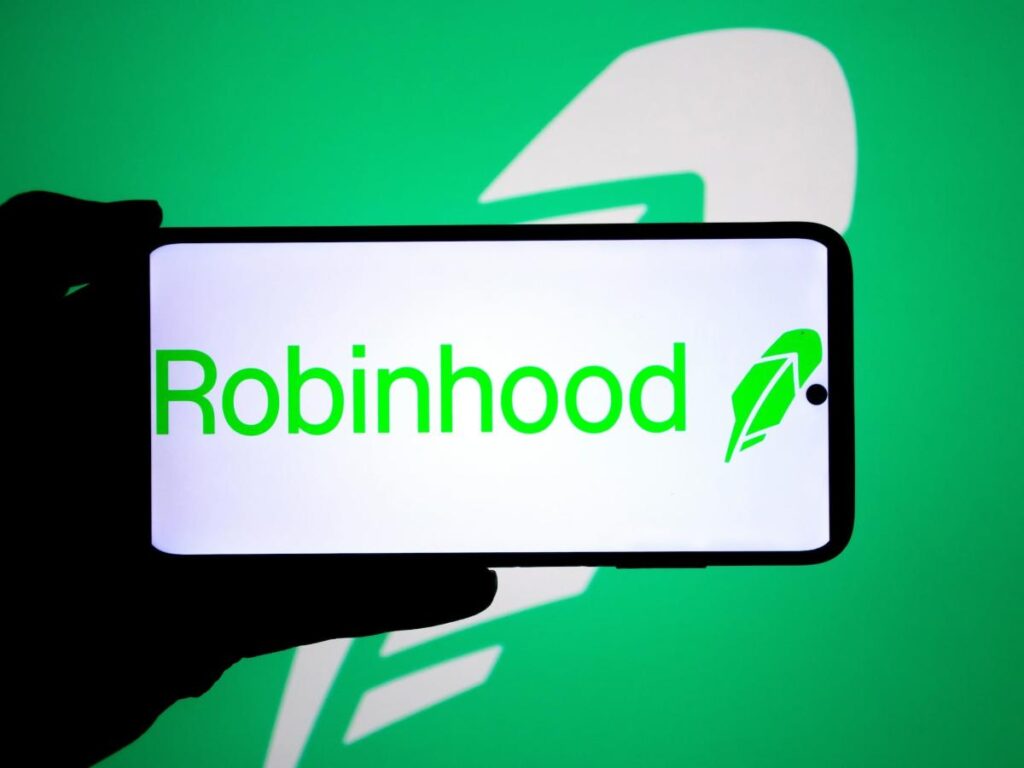Robinhood has recently announced its entry into the world of political betting, allowing US citizens to place wagers on the outcome of the 2024 presidential election. This move comes in the wake of a significant federal court ruling that has broadened the scope of permissible election-related betting, thereby creating an opportunity for platforms like Robinhood to capitalize on the growing interest in political betting. The announcement underscores a unique intersection of finance and politics, as Robinhood, traditionally associated with stock trading and meme stocks, now ventures into the realm of event contracts tied directly to critical national events.
The company positions its offering as a way for individuals to engage in “real-time decision-making,” presenting election-related wagers as a new asset class. The initial availability is limited to contracts focused solely on the 2024 presidential election, reflecting a cautious but significant step toward commodifying political events. Notably, Robinhood’s entry is distinctive because it explicitly allows US citizens to participate, unlike some competitors, such as Polymarket, that have faced restrictions regarding US-based betting patrons. This distinction opens up a potentially large market for political wagering, especially as the 2024 election draws closer.
The interest in political betting has been magnified by prominent dealings observed on other platforms, such as Polymarket, which has recently seen a surge in wagers predicting an election win for former President Donald Trump. A notable bettor, referred to as a “whale,” has reportedly influenced betting odds significantly by placing around $46 million in support of Trump’s victory. This becomes a crucial factor when examining how large financial commitments can skew public perception and likely outcomes in political scenarios, thereby creating an intricate feedback loop between betting markets and electoral politics.
Prior to the September federal court ruling, betting on US elections was largely restricted to a limited audience of academics and students engaged in probabilistic forecasting. The ruling, secured by Kalshi, a New York-based market, effectively opened the gates for broader public participation in electoral betting. This decision faced opposition from the Commodity Futures Trading Commission (CFTC), with Chairman Rostin Behnam expressing concerns that election betting could undermine the integrity of the electoral process by turning the CFTC into an “election cop.” This tension underscores the complex legal and ethical terrain that political betting occupies.
The ramifications of this new development reach beyond the realm of finance, as even some political figures have begun to publicly comment on the implications of such betting markets. For instance, GOP vice presidential nominee Sen. JD Vance recently acknowledged Trump’s favorable odds on Kalshi during a podcast appearance, suggesting a growing acceptance among political actors of the role that betting markets may play in shaping electoral outcomes. The blending of politics and gambling in this context raises questions about the influence of money in politics and the potential for misrepresentation of public sentiment.
As the 2024 election nears, platforms like Robinhood may significantly impact voter perceptions and engagement with the electoral process through the lens of betting. The evolution of this market raises important issues about the intersection of finance, technology, and democratic participation. With the potential for financial gains or losses tied to political events, it will be crucial to monitor how these developments influence both voter behavior and the broader political landscape in the lead-up to the election.

